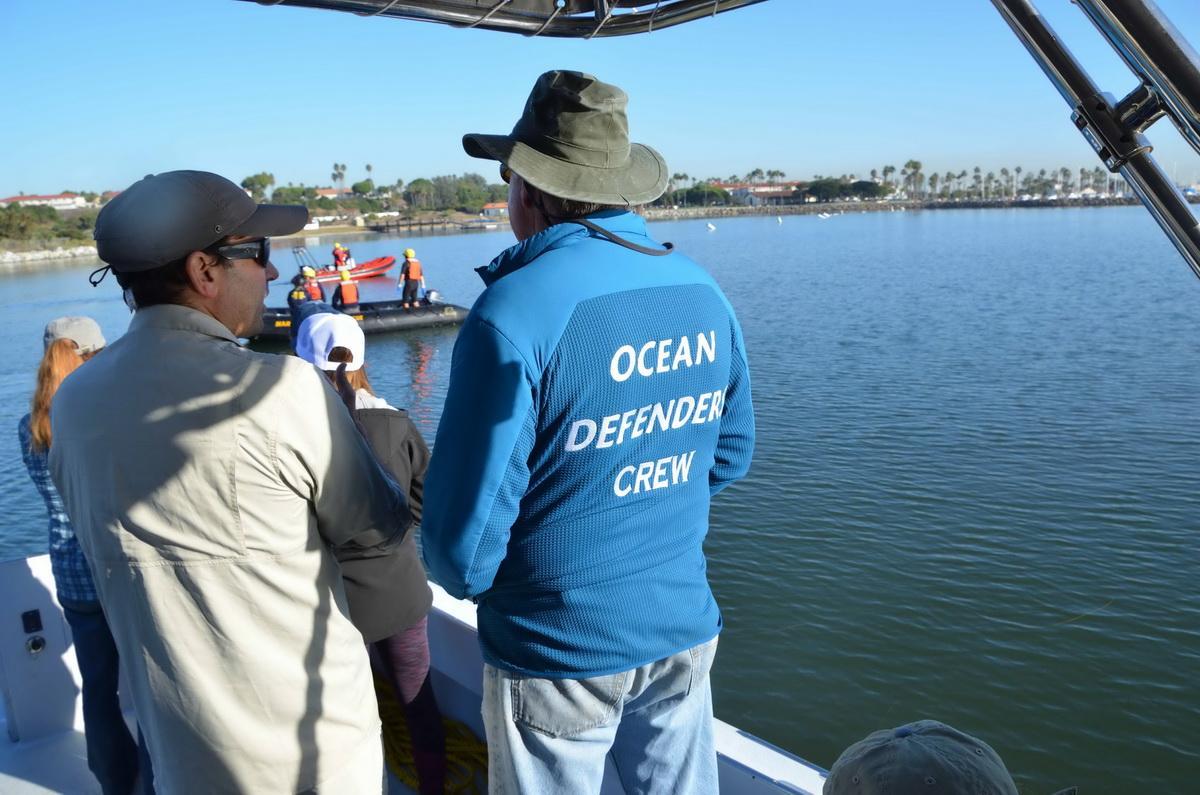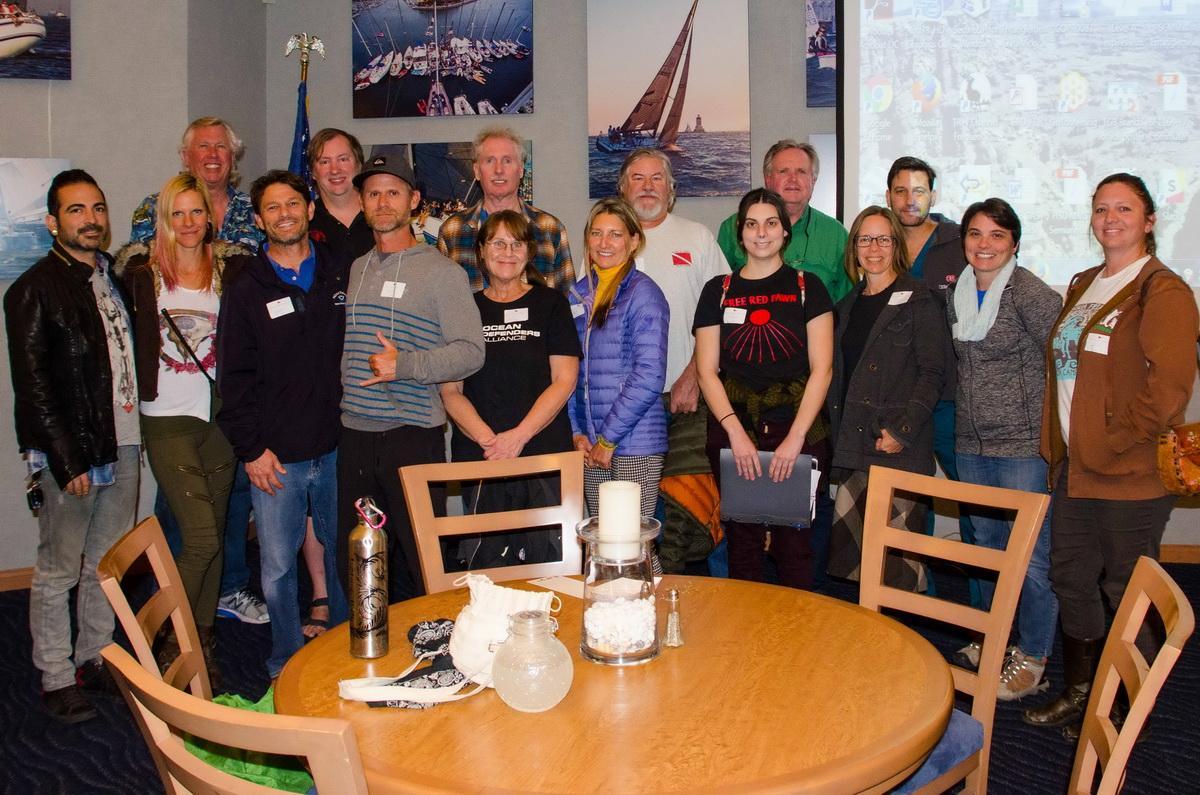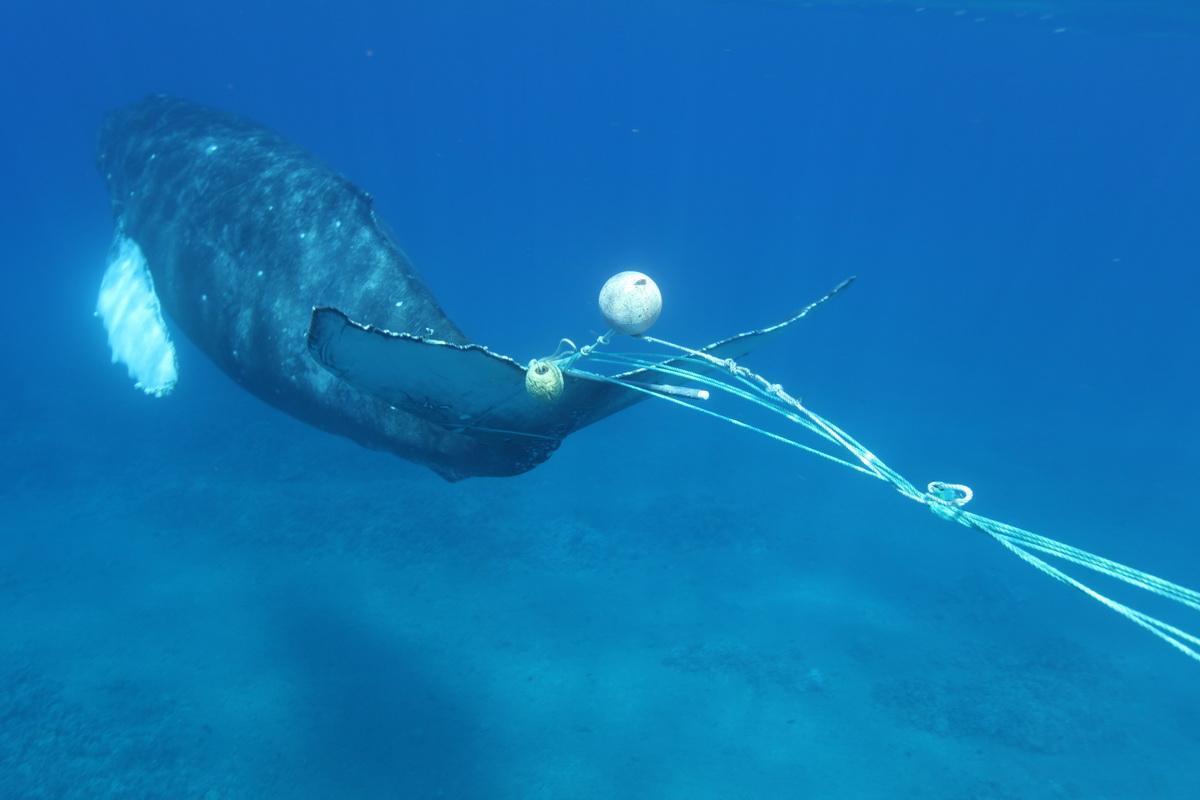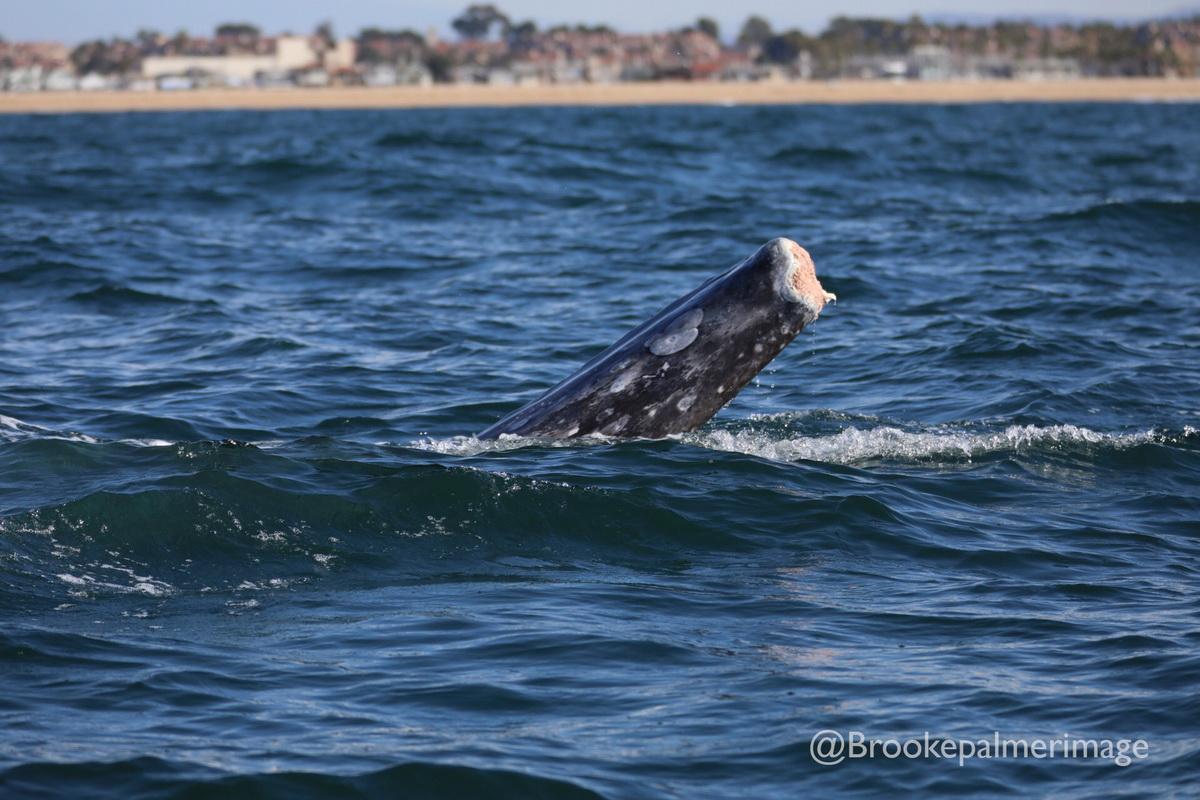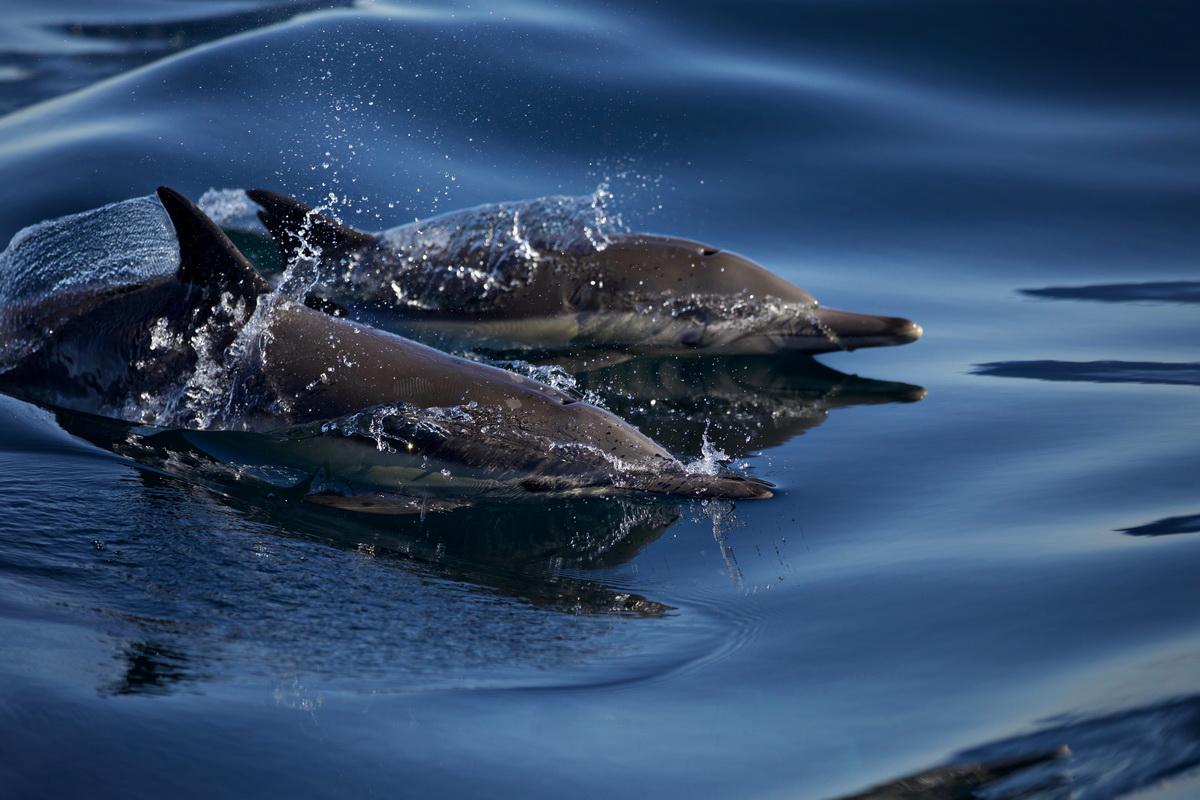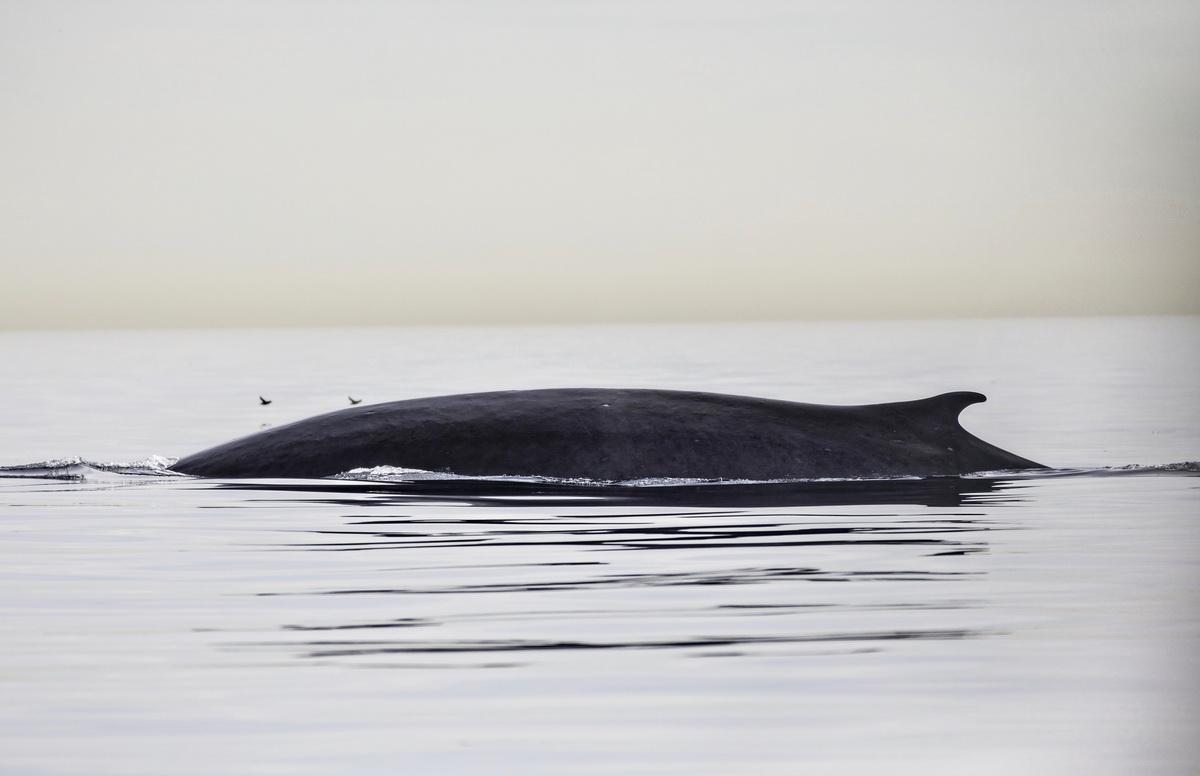By Founder and President Kurt Lieber
As you may recall, last fall ODA was invited to and did participate in NOAA’s (National Oceanic and Atmospheric Administration) Southern California WET (Whale Entanglement Team) training.
Three of us Ocean Defenders attended that session: Gary Appel (above left), Al Laubenstein (above right), and myself. Knowing how much help is needed and after witnessing how intense the process of disentangling a whale can be, I thought it would be a good idea to get more ODA volunteers involved.
ODA Enjoys Our Own WET Class
Since that earlier meeting, I have been talking with NOAA’s lead coordinator for NOAA’s west coast WET program, Justin Viezbicke, about setting up a training session specifically for ODA. He thought it was a good idea, so we scheduled a meeting for Friday, February 23rd.
I notified some of our core divers and deckhands and most of them signed up. How cool that fifteen Ocean Defenders quickly stepped up to help our beleaguered whales! Knowing that everyone had to fight Friday night traffic in Los Angeles made it all the more rewarding. :)
Our friend Diana Alps of the American Cetacean Society made arrangements with Cabrillo Beach Yacht Club for our meeting space which they generously donated. Thank you In attendance were the following dedicated folks, from left to right in our photo above: Front row is Jose Caballero, Leslie Evarts, Justin Viezbicke, Rich German, Lisa Davis, Kim Cardenas, Brooke LaDouceur, Karla Reinhardt, Jill Lemon, and Julie Mitchell. Back row is Chris Bell, Jim Lieber, Jeff Connor, Al Laubenstein, and Gary Appel.
ODA Learns WET’s Process
Justin gave us a fantastic overview of how NOAA approaches the art of removing fishing gear from an entangled whale.
This is NOT done using brute force, but with strategic finesse, gingerly approaching a 35-ton animal that is agitated, tired, and suspicious about humans. You can see from the photo below what an entangled whale looks like from an underwater perspective.
So Cal Gray Whale Tragedy
During the talk, Justin told us that the previous day he received a report of a gray whale, spotted off Newport Beach, with no tail. Unfortunately, this was not a case where WET could try to remove debris from the animal; apparently whatever fishing gear had been wrapped around the animal’s tail fluke had cut the tail entirely off. Photographer Brooke Palmer captured an image of this badly injured whale.
Our friend Captain Nick Nagel at East Meets West Excursions in Newport Beach, CA, introduced us to Brooke who took the photographs of this whale struggling to survive. She regularly goes out on the excursions to document the sightings and also takes photos of beautiful, wild, and free marine wildlife (see below). Thank you, Brooke, for helping people understand what our beloved whales face!
I know you, like me, are just sickened by the tragic sight above and want to scream. I am with you, and luckily for us and the whales, ODA—along with some other organizations—will soon be “on call” with the NOAA WET Team to jump into action when we find out about another distressed whale.
We want to be part of stopping this from happening—not only when a whale is entangled, but we at ODA work continually to remove ghost gear from the ocean so entanglements are minimized. And further, we are working on the front-end of the problem by addressing the issue of how close together lobster and crab traps are set; the whales cannot swim between the lines that float to the surface from the traps sitting on the ocean floor. For more on this read our recent article Tracking Traps to Protect Whales and All Marine Life.
Thanks to all who attended AND to Justin for working with us. This classroom style session was just the beginning for ODA’s greater involvement. We will be having another session soon: This one will be on the water, where we’ll get to practice assisting in the delicate art of disentangling a whale.
If you’re able to actively volunteer with us, that’s fantastic! If not, we want you to know that—from right where you are—you can still be an integral part of the team of people who save whales and other marine life by removing deadly debris. How can you do that, you ask? By donating to keep our life-saving activities forging ahead, enabling ODA to attack the problem on a three-fold approach: To disentangle whales, to remove debris, and to work with the seafood industry and legislators to make waters navigable for whales. We thank you and the whales thank you!
Following are two of Brooke Palmer’s beautiful images of marine life in the waters of Southern California; photos captured from aboard the East Meets West Excursions boat. We appreciate caring whale watching companies like Nick's and wildlife photographers who give back to the ocean: Boatloads of thanks to you both, Nick and Brooke!


